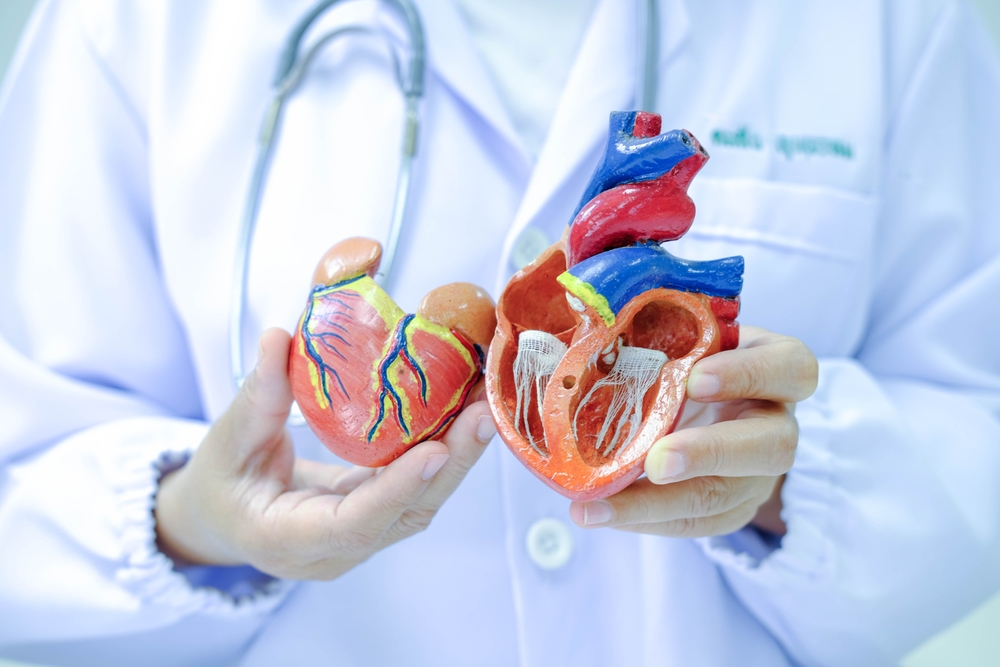When Should You See a Cardiologist? Reasons To Schedule a Visit – Friendswood Community Hospital, Texas.

Heart health is crucial for anybody and knowing when or why to visit a cardiologist is critical for them to ensure a healthier heart. Cardiology services are disseminated by medical practitioners who have specialized in addressing health issues affecting the heart and blood vessels. It can be helpful to enlist their help in addressing all forms of heart disease or symptoms and risks associated with these diseases and conditions. This blog shines a light on the roles of cardiologists and the reasons you should consider in deciding whether to schedule an appointment with these professionals.
Understanding the Role of a Cardiologist
Cardiologists are medical professionals who have completed four years of medical school, have completed three years of internal medicine, and then three or more years of working solely with cardiovascular issues. This extensive education and training prepares them for performing tasks required in controlling and treating different states of this vital organ inclusive of blood pressure, cholesterol-related complications, heart diseases, and emergency interventions as well.
Reasons to Schedule an Appointment With a Cardiologist
Many reasons may lead individuals to require cardiology services from professionals. Here are the 8 main reasons:
- Existing Heart Disease – For those already facing heart disease, it is imperative to consult a cardiologist after some time or when symptoms appear. They will closely observe your condition, make changes in medications if required, and reduce risk factors that increase the potential of developing other heart-associated complications.
- Heart Symptoms – Signs and symptoms, such as chest pains, difficulty in breathing, palpitations, and slow pulse rates, are associated with a weakened or ailing heart. For those with a less severe form of heart disease, primary care practitioners can guide its management, but if the symptoms are severe or develop suddenly, the person should seek cardiology services from the emergency department.
- Risk Factors for Heart Disease – Various conditions, such as high blood pressure, high cholesterol, type 2 diabetes, obesity, smoking, and excessive consumption of alcohol raise the chances of developing heart disease. These risks can be managed or at least minimized by consulting a cardiologist for adequate measures and preventive check-ups.
- Family History – Apparently, if you have a family history of heart disease, your chances of suffering from heart-related diseases are magnified. If you have some family history like parents, siblings, or children having early heart disease, a cardiologist can determine your risks and whether or not you should engage in preventive measures.
- Hard-to-Manage Blood Pressure or Cholesterol – For instance, in the cases when other treatments for high blood pressure or cholesterol do not work, a cardiologist will be able to suggest management and certain medicines, with established effectiveness in the context of cardiology services.
- Peripheral Arterial Disease and Leg Problems – Swelling, pain, or cramps that occur in the legs, and varicose veins, can be an indication of a heart or vascular problem. Cardiologists can check and treat these issues, thus avoiding further evolution into severe heart-related diseases.
- Preeclampsia or Pregnancy-Related Hypertension – Preeclampsia is a unique and complex form of high blood pressure during pregnancy that needs special care to safeguard both the mother and her baby. Cardiologists coordinate with obstetricians to monitor any risk and ensure safe practice.
- Referral from Primary Care – Your primary healthcare provider may recommend cardiology services for many reasons like hearing heart murmurs, planning an exercise routine, severe gum disease, or issues related to cancer therapy.
What to Expect at a Cardiologist Appointment with Friendswood Community Hospital.
After scheduling an appointment with us, a cardiologist will conduct a first consultation involving a physical examination, review of physical history, reported symptoms, family history, and genetic factors present. It is thus important to ensure that you have all the details regarding your prescriptions, diet, non-prescription drugs, and if you had any previous heart occurrences. Typically, a visit will encompass a basic physical examination of the heart and the vascular system and may entail a test on the rate and rhythm of heartbeat via an electrocardiographic test or electrocardiogram (EKG).
Schedule an Appointment at Friendswood Community Hospital to Raise Your Awareness on When To Seek Specialized Cardiology Care Services.
Don’t wait for your heart conditions to reach unmistakable signs and symptoms. Contact Friendswood Community Hospital today to schedule an appointment to receive cardiology services that ensure that you maintain a healthy heart and overall well-being.








